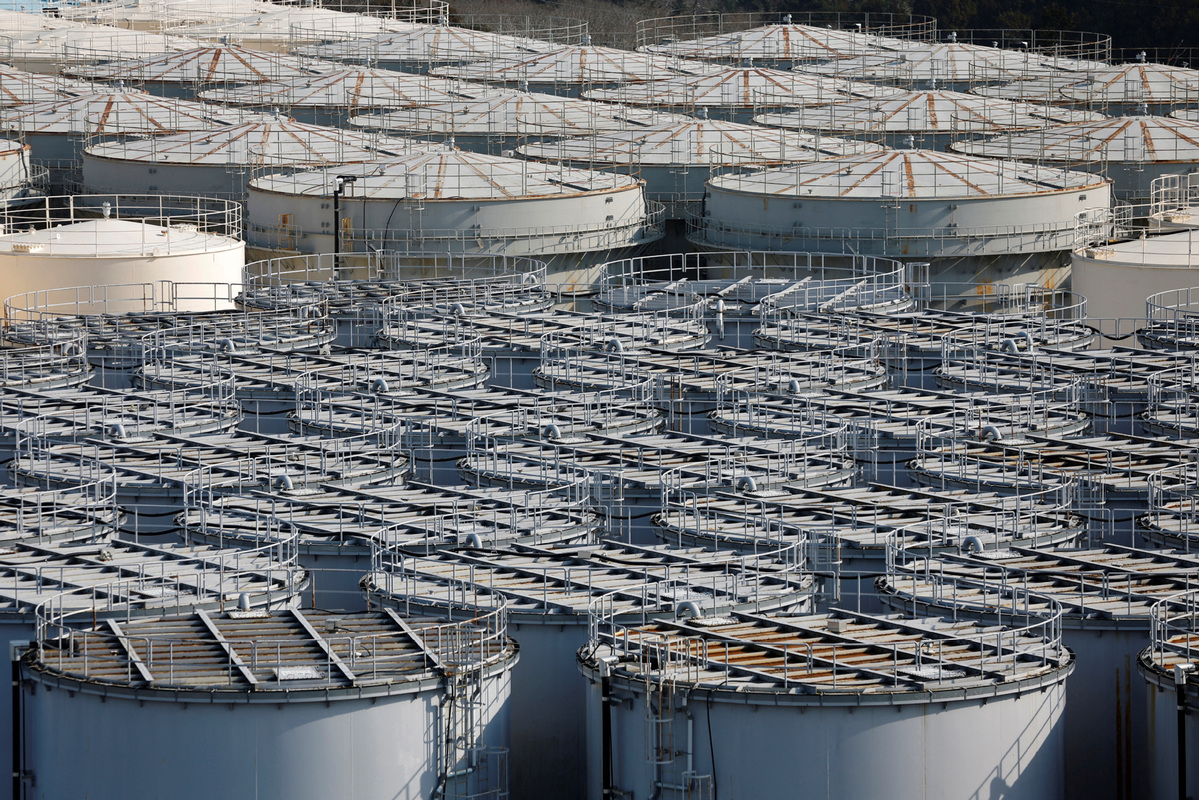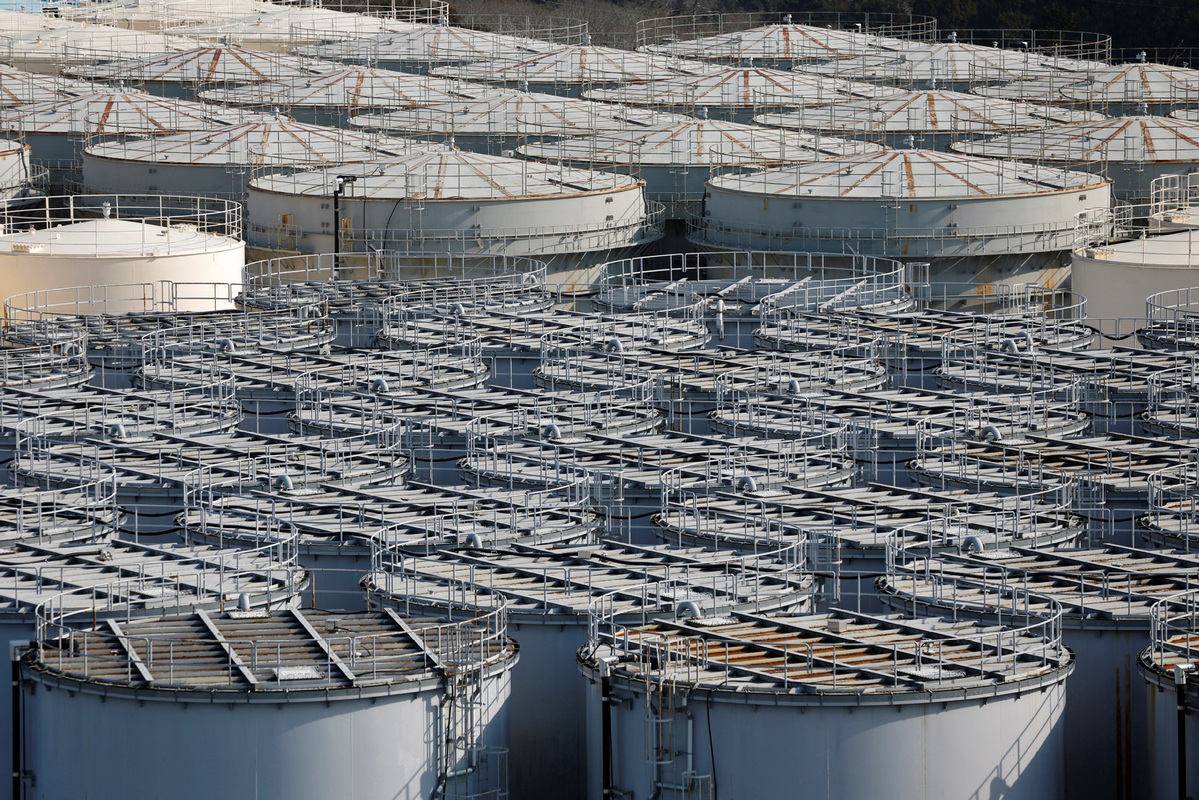Experts voice concern over likely harm on humans, marine life in Pacific Ocean

Environmental experts in Southeast Asia have expressed caution over Japan's plans to release nuclear-contaminated wastewater into the Pacific Ocean, noting the possible harm on human health, fisheries and livelihoods of people living in the Asia-Pacific.
On Monday, the Tokyo Electric Power Company, operator of the crippled Fukushima Daiichi Nuclear Power Plant, started testing the equipment that will discharge radioactive water into the sea amid opposition from domestic experts, civic groups and fishery organizations.
"Japan's behavior is a disgrace and their officials seem determined to offer only 'raw shame' in response to growing concerns over Japanese intentions to turn the ocean into a radioactive sewer," said Renato Redentor Constantino, deputy chair of the Expert Advisory Group of the Climate Vulnerable Forum, a global forum of countries most threatened by climate change.
If Japan wants to continue using nuclear energy, it must figure out a way to dispose of nuclear-contaminated water properly, Constantino said, describing Japan as a neighbor who holds a weekly massive party and dumps everything outside the house, polluting the whole neighborhood.
The current plan of discharge into the sea is the cheapest of five proposals available to the Japanese government, and the most risky for all people and marine life along the West Pacific, Japanese media reported.
Rodhial Huda, a maritime expert and community leader from Natuna Islands, Indonesia, said that if TEPCO dumps wastewater into the Pacific, "it may also affect our (maritime) area if it is toxic".
The Natuna regency lies in the South China Sea, where fishery is the main source of livelihood.
Dwi Sawung, national executive energy and urban campaign manager of the Indonesian Forum for the Environment, or WALHI, said her organization is concerned over the potential long-term effects of contaminated water on the maritime food chain.
"Because we (WALHI) don't know yet what the long-term effects will be on the food chain cycle. That's the worry," Sawung said in an interview with Sinar Daily, a Malaysia-based newspaper.
According to Japan's national broadcaster NHK, the trial operation mixes fresh water and seawater that does not contain radioactive substances to confirm whether the discharge equipment can operate reliably. The test run is expected to last for about two weeks.
'False impression'
Shaun Burnie, a senior nuclear specialist with Greenpeace East Asia, said the Japanese government and TEPCO have been creating a "false impression" on the public that significant progresses have been made in decommissioning the Fukushima plant.
"But the fact is, the source of the problem — the highly radioactive fuel debris in reactor pressure vessels 1, 2 and 3 — continues to contaminate groundwater," Burnie said, adding that about 1,000 cubic meters of water becomes highly contaminated every 10 days.
Huda from Natuna is hopeful that Japan, a maritime country and a member of the International Maritime Organization, "will not carelessly and hurriedly" dump toxic wastewater into the ocean.
He said Indonesia, another maritime country, "should become a leader and not just a follower" in any campaign against the dumping of contaminated water in the Pacific.






